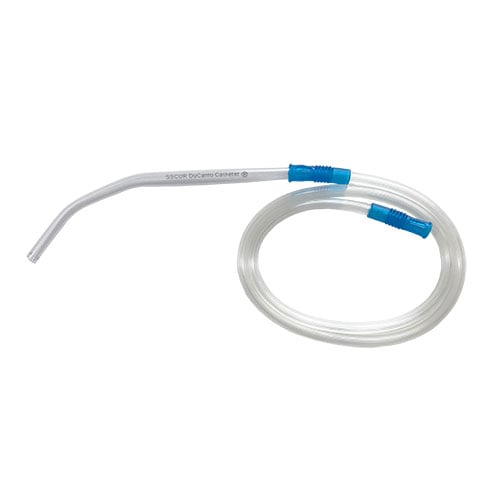
Patient care providers—doctors, first responders, nurses, and a number of other experts—all must rely on a deep toolbox of life-saving equipment. Caring for patients requires that care providers know when, where, and how to use these tools and that they keep them ready to go at all times. This is more than just a professional duty – it’s a moral obligation. Care providers can face serious consequences when they fail to prepare and correctly use their tools.
Patient Injury or Death
If you use the wrong equipment, treat the wrong condition, or use damaged or dirty tools, you could harm a patient. In extreme cases, the patient might even die. For example, if you delay suctioning an aspirating patient, they will aspirate more contaminated fluids, increasing their risk of long-term health issues. Living with the preventable injury or death of a patient can be a heavy burden, especially when you know that a different choice might have saved them.
Personal Injuries
Emergency responders face a high risk of injury because of challenging work situations. When you do not use your tools correctly, you increase your own risk of injury. You could be exposed to contaminants from a dirty machine, injured by a patient who is not properly secured, or even hit by a car or flying object if you fail to secure the scene before treating a patient. These injuries can be painful and dangerous. They may also compromise your ability to work and earn a living.
Job Loss
No agency wants to employ someone who makes costly errors. If you rush through your work, incorrectly use your tools, or fail to detect the signs of a life-threatening emergency, your employer may notice. You could be demoted, lose a chance at a promotion, or even lose your job. Because reputation is so important in medical fields, losing a healthcare job could affect future employment.
Lawsuits
If you fail to follow the standard of care that is adhered to by other professionals in your industry, you could face a malpractice lawsuit. Depending on the facts of the case, this could mean that your agency is sued. In some cases, the patient might even sue you personally. Lawsuits are costly, time-consuming, and stressful. In some cases, your employer might defend you or hire a lawyer.
But if your error was serious or caused you to be fired, you could be stuck paying legal fees on your own. Even if you win the case, you may lose your reputation and spend months or even years defending your work. And if you lose, you could have to pay for your mistake for the rest of your life.
Licensing Issues
Licensed professionals such as paramedics, doctors, and nurses are accountable to state licensing boards. If you commit a serious error, a patient could file a complaint to your state licensing board. This will spark an investigation that can quickly take over your life. If the board finds that you acted incorrectly, they may choose to discipline you. In extreme cases, they may even revoke or suspend your right to practice. This may mean that you can never again work in your chosen field. It could also affect your ability to pursue employment in related fields.
Choosing the Right Equipment
When every second counts, you need the right equipment, properly maintained and skillfully used.
Editor's Note: This blog was originally published in January 2020. It has been re-published with additional up-to-date content.
















